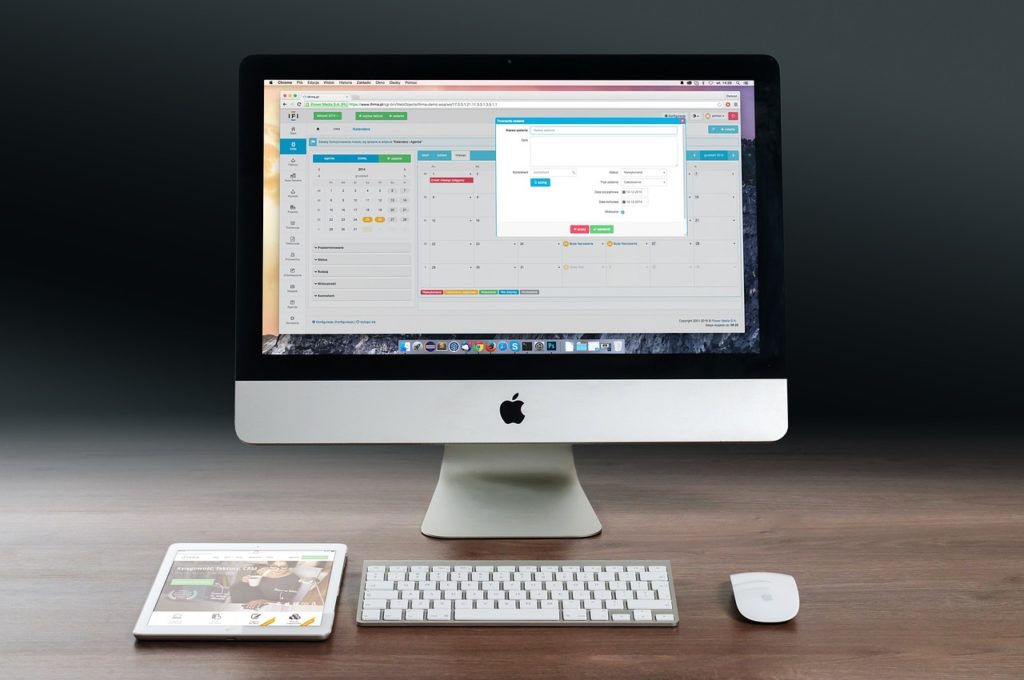Is your PC operating at a slower speed than usual? Are you finding yourself lacking the patience to wait for commands to run and apps to load? You are not alone, so don’t panic. Slow performance and diminishing speed are common issues for PC users. The fantastic news is that you don’t have to tolerate a slow computer. The speed and functionality of your PC can be significantly increased by adhering to a few basic tips and practices.
Optimize system performance
There are several things to take into account while trying to maximize the performance of your computer. Every small change, whether it is software or hardware-related, can have a significant impact. Now, let’s look at some practical methods for increasing your PC’s speed and improving its general functionality.
Upgrade your hardware

Upgrading the hardware on your computer is one of the best methods to make it run faster. You might want to consider adding more RAM (Random Access Memory) to your computer. RAM is essential for increasing computer performance since it enables quicker data processing and access. Furthermore, replacing your old hard drive with a solid-state drive (SSD) can significantly increase the speed of your computer. SSDs can read and write data more quickly than conventional hard drives, leading to speedier program loading and boot times.
Clean up your hard drive
The hard drive of your computer may fill up with pointless files and information over time. This can impair the overall speed and performance of your system. The first step in decluttering your hard disk is to remove any unnecessary apps or programs. These can slow down your computer and consume valuable disk space. Furthermore, you can increase computer speed and free up space by routinely removing temporary files, emptying the recycle bin, and clearing the cache on your browser.
Disable startup programs
It’s possible that a number of background apps and programs launch automatically when your computer turns on. To increase the speed of your system, you can eliminate some of these, even if they might be essential. Go to the startup tab in your computer’s task manager to disable startup programs. From there, you can increase system resources and speed up your computer by selectively disabling apps that you don’t need to launch automatically.
Run a malware scan
Spyware and viruses are examples of malware that can seriously affect the functionality of your computer. These dangerous apps have the ability to steal confidential data, slow down your computer, and use up system resources. It is imperative that you perform routine virus scans on your computer to ensure it is operating at peak performance. To check for and eliminate dangers from your machine, use reliable antivirus software. To defend against fresh threats, always keep your antivirus software updated.
Keep your operating system up to date
Updates for operating systems frequently contain bug fixes and significant performance enhancements. You can ensure that your machine is running the most recent, optimal version by keeping your operating system updated. Although automatic updates are built into most operating systems, you can manually check for updates as well. Installing these updates on a regular basis will assist in enhancing the speed and functionality of your computer.
Manage your browser extensions
Although they can improve your browsing, browser extensions can cause your computer to run more slowly. An excessive number of extensions open at once can slow down your computer and use up a lot of system resources. Examine the extensions you have installed, then uninstall or disable any that you are not using. You can speed up your computer and enhance the functionality of your browser by removing any unnecessary plugins.
Upgrade your internet connection
It could be time to update your internet connection if you discover that your online browsing and downloads are sluggish. Speak with your internet service provider (ISP) to learn about local speedier possibilities. In addition to increasing surfing speed, a faster internet connection will help boost system performance—particularly for online activities that use a lot of bandwidth.
Restart your computer regularly
Even though it might seem obvious, frequently restarting your computer might make it run faster and more smoothly. Restarting your computer cleans out temporary files, ends pointless programs, and gives it a system refresh. To guarantee peak performance, make it a practice to restart your computer once a week or more.
Conclusion
Your computer’s speed and performance can be increased by heeding these easy pointers. Whether you use a laptop or a desktop, making system optimization improvements will enhance your computing experience as a whole. Bid farewell to vexingly slow programs and relish a fast, effective PC.

